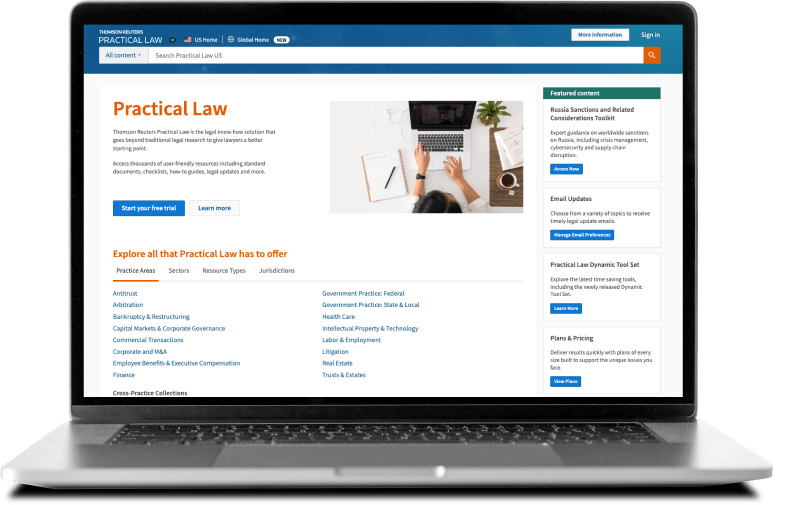Definition, requirements, and more resources for attorneys
Transactional law · Securities law · Rule 144
Highlights:
|
Jump to ↓
| Context and definition |
| Rule 144 requirements |
| Case example concerning the requirement mandate |
| Legend and removal process |
| Who does Rule 144 apply to? |

AI news and insights
Industry-leading insights, updates, and all things AI in the legal profession
Join community ↗Context and definition
When you hold restricted, unregistered, or controlled securities, selling them publicly can be challenging since the federal securities laws in the United States usually require them to be registered with the Securities and Exchange Commission (SEC) before being sold. However, there are exceptions to the registration mandate, and one of these exceptions is Rule 144, this regulation allows you to sell restricted, unregistered or controlled securities publicly without registration with certain requirements.
What are the requirements under Rule 144?
The following conditions are specified under Rule 144 to sell restricted, unregistered, or controlled securities:
Holding Period
- For public companies, you must hold the securities for at least six months from the date you purchased them and fully paid for them.
- The holding period is one year for companies that don’t file with the SEC.
- For reporting companies, the period can be six months, while for non-reporting companies, it can range up to two years.
- This holding period mainly applies to restricted securities, while control securities are subject to other Rule 144 conditions.
Public information
- There must be sufficient and current public information available about the company.
- This includes financial statements, details about the company’s officers and directors, and a business description.
Selling limits for affiliates
- If you are an affiliate of the company like someone with control over the company, you can only sell a limited amount of the company’s shares. Specifically, you can’t sell more than 1% of the total outstanding shares within any three-month period.
- For stocks listed on a stock exchange, you can sell the greater of 1% of the outstanding shares or the average of the previous four weeks’ trading volume.
Trading conditions
- You must follow all normal trading conditions, meaning brokers can’t push to sell these securities, and they can’t charge higher-than-usual commissions.
Filing a notice
- If you are an affiliate and plan to sell more than $50,000 worth of securities or more than 5,000 shares within three months, you must file a proposed sale notice with the SEC.
Case example concerning the requirement mandate
In the Securities and Exchange Commission v. Olines (No. C-07-6423 MMC (N.D. Cal. Mar. 12, 2010)) case, the court ruled that the defendants did not qualify for Rule 144’s “safe harbor” due to non-compliance with its conditions and were deemed “underwriters.” The court emphasized that meeting some Rule 144 conditions does not exempt them from being classified as underwriters.
What is legend, and why is it important?
Even after all the above conditions are met, there is one more thing to be done, which is the removal of the legend. A legend refers to a statement or notice on a stock certificate that indicates the securities are “restricted” and cannot be sold in the public market unless certain conditions are met. This is done to ensure that the potential buyer may be warned about the nature of the securities and that they have certain restrictions on the resale. Now, to get the securities in the market, the holder is supposed to make sure that the legend is removed.
Removal process
The legend removal process can be intricate, but it’s essential to follow these steps to legally sell your restricted securities in the marketplace.
- Company’s consent: To remove the legend, the consent of the company that issued the securities is required. This consent is given in the form of an “opinion letter” from the issuer’s legal counsel stating that the securities are eligible for public sale under Rule 144 or another exemption.
- Once you have the opinion letter, submit it to the transfer agent, who removes the legend. The transfer agent is the entity responsible for maintaining records of a company’s securities.
- Only after the legend is removed can the securities be sold in the public market.
Who does rule 144 apply to?
Affiliates of the Issuing Company
If you’re an affiliate of the company that issued the securities like an executive, director, or significant shareholder, you must meet all the conditions of Rule 144 to sell restricted and controlled securities. This includes holding periods, public information requirements, and limits on the amount you can sell.
Non-Affiliates
For people who aren’t affiliated with the issuing company:
- Held for over one year — If you’ve held restricted securities for over a year, you don’t need to meet Rule 144’s conditions to sell them. You can sell these securities freely.
- Held for six months to one year — If you’ve held the restricted securities for more than six months but less than one year, and the company is a “reporting” company (one that files reports with the SEC), you can sell the securities as long as there’s current public information about the company.
More resources for legal professionals
Need to be an expert in Rule 144 by noon? Get legal know-how prepared by expert attorney-editors to monitor changes in the law, providing the questions to ask, and guidance through practice notes, standard documents and clauses, checklist, and toolkits.

Practical Law
Samples documents such as Resales Under Rule 144, and Securities Acts Restrictive Legends and Rule 144 Sales
Rule 144 resources ↗







